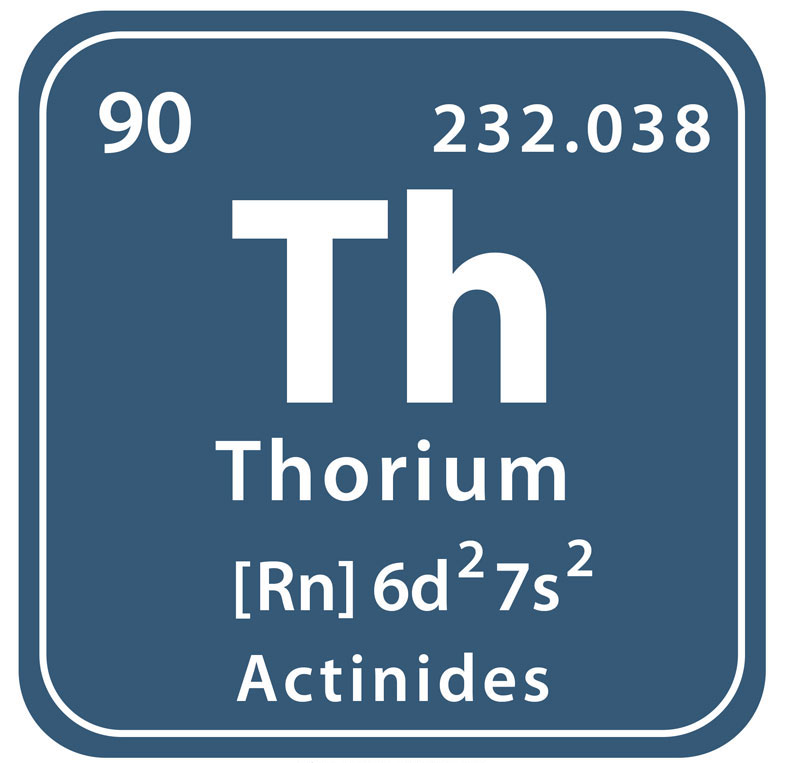Editorial: Latest VC Summer problem shows importance of those malignant ‘regulations’ | editorial
When the power goes out at your house, life can be miserable. No heat — or air conditioning if it happens in the summer. No lights, no internet connection. If it stays off long enough, the food in your refrigerator or freezer will spoil.
But while it can be dangerous for people on ventilators and other electricity-powered essential medical equipment if they can’t get to a power source quickly, a power outage rarely is life-threatening.

The same is not true when the power goes out unexpectedly at a nuclear reactor. As we’ve been reminded as Russia has played Russian roulette with the nuclear reactors in Ukraine, sudden loss of electricity at a nuclear reactor would bring the threat — the near certainty, in fact — of catastrophe. That’s why backup generators are essential equipment at nuclear power plants: to protect against a meltdown when the power goes out.
South Carolina isn’t being bombed by Russia, but we do experience power outages on a not-infrequent basis, which means backup generators are just as essential here as anywhere.

So it’s alarming to learn that Dominion Energy failed to properly identify and correct problems earlier this year with the backup diesel generator at the VC Summer nuclear facility just north of Columbia.
Columbia’s State newspaper reports that Dominion spent three weeks “troubleshooting” the problems before apparently resolving them, prompting the US Nuclear Regulatory Commission to issue what it calls a “white finding” — not the highest level of concern but not the lowest either, and one identified by the newspaper as not common.

Dominion argued that the public was never in danger because it had another backup generator, while the NRC concluded that there was no danger only because the power didn’t in fact go out. An NRC spokesman told the newspaper that the diesel generator’s problems could have meant trouble if an accident had occurred and that the agency disagreed with a Dominion assessment that the generator was in good enough shape to provide power. Critically, the regulatory agency concluded that the problems with the backup generator were “not realistically and reasonably addressed” by Dominion’s assessment that the problem was not serious enough to demand a quicker response.
The white letter means the NRC will conduct an additional inspection to make sure Dominion truly has resolved the problem, as well as year-end management reviews of the plant, with the possibility that more actions will be required.

We have long supported and advocated for the use of nuclear power, and we remain disappointed that the now-defunct SCANA Corp. so mismanaged the construction of two additional reactors at the VC Summer site that costs skyrocketed and it was forced to pull the plug mid-construction.
Managed correctly, nuclear power is an essential component of a clean-energy future: a baseline energy source that is capable of producing huge amounts of electricity around the clock without the use of fossil fuels. But “managed correctly” is not an optional part of that statement; it is the essential, because the short- and long-term effects are so devastating if nuclear power is not managed correctly.
Frankly, the back-and-forth between the NRC and Dominion raises questions about whether Dominion is as committed as it needs to be to nuclear safety. It also serves as a crucial reminder that many of those regulations that businesses and too many politicians love to denigrate serve a useful, even essential, purpose. Whatever you think about government, the fact is that Dominion has a financial incentive to take its time resolving a problem, and the NRC has no financial incentive to insist that it do otherwise; to the contrary, the agency will have to do more work as a result of the finding.
You may remember the Cold War era adage about how close doesn’t count except in horseshoes — and nuclear weapons. Well, a similar idea applies with nuclear power: Close enough works just fine — except with nuclear reactors.
The Nuclear Regulatory Commission doesn’t require nuclear reactors to have failsafe backup generators that are fully operational at all times just because it can. It requires that because the consequences of not having them would be devastating if the power went out. Any company that operates a nuclear reactor needs to recognize and respect the danger involved. While an accident is highly unlikely, the low probability is outweighed by the huge consequences if one occurs.



Comments are closed.